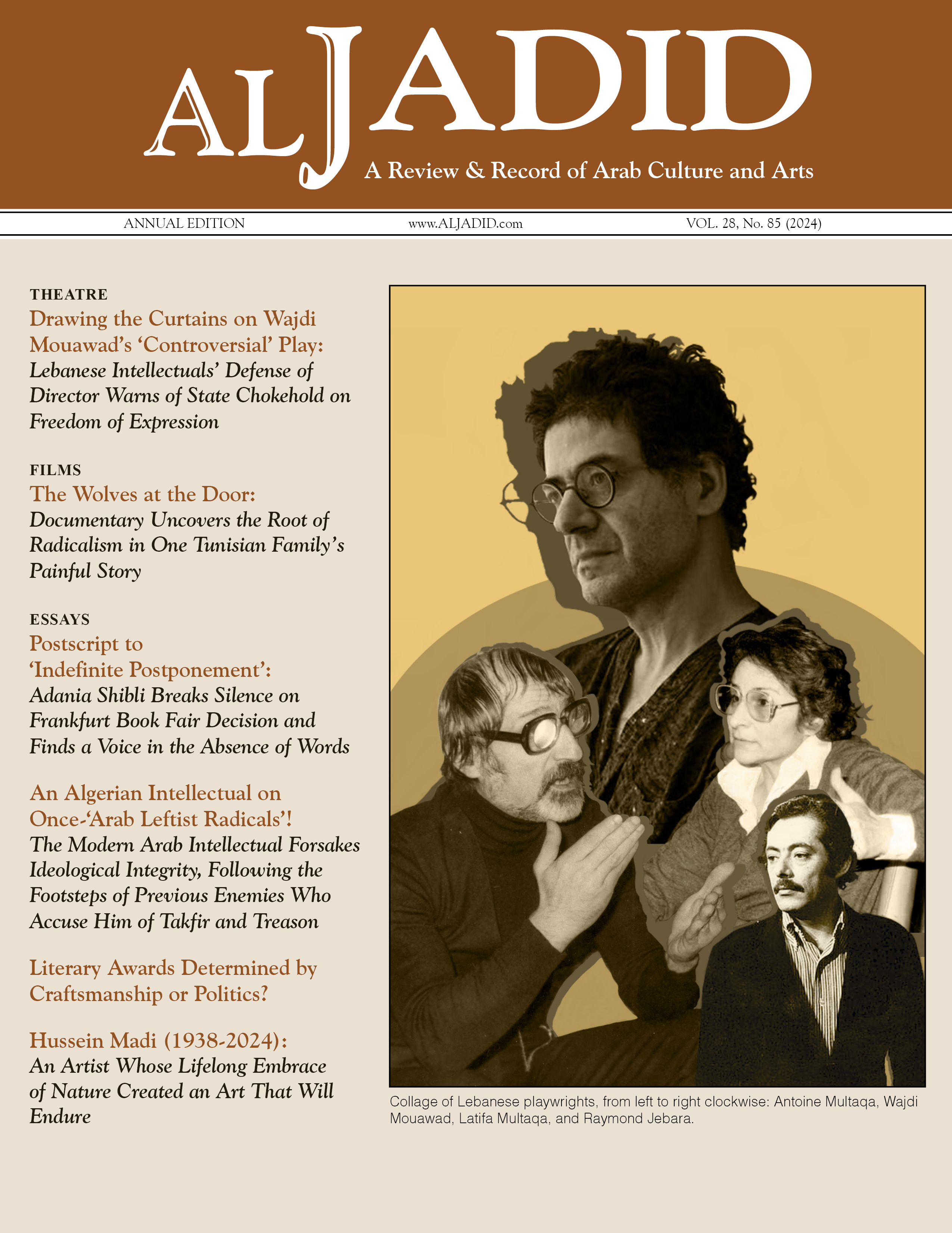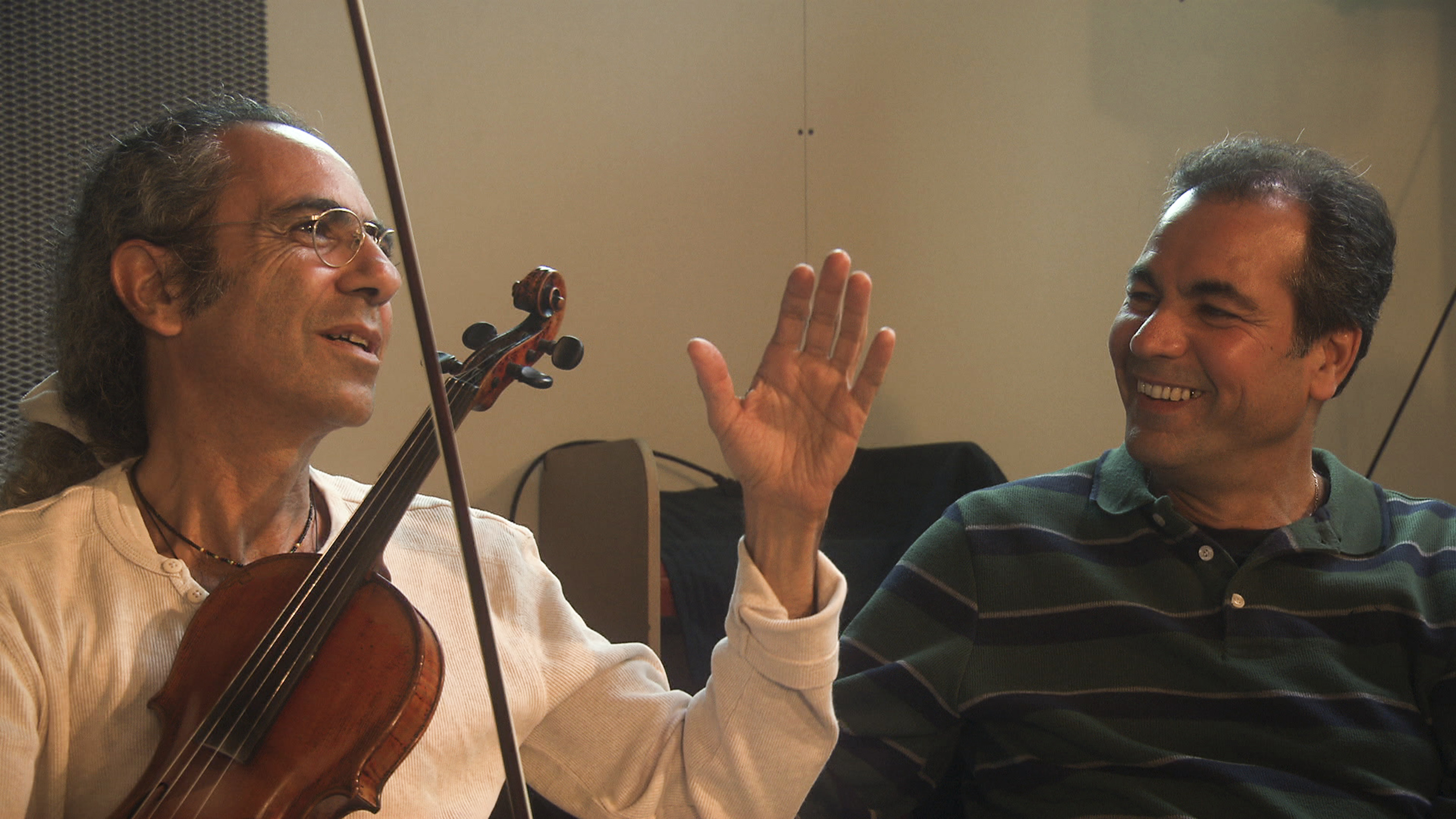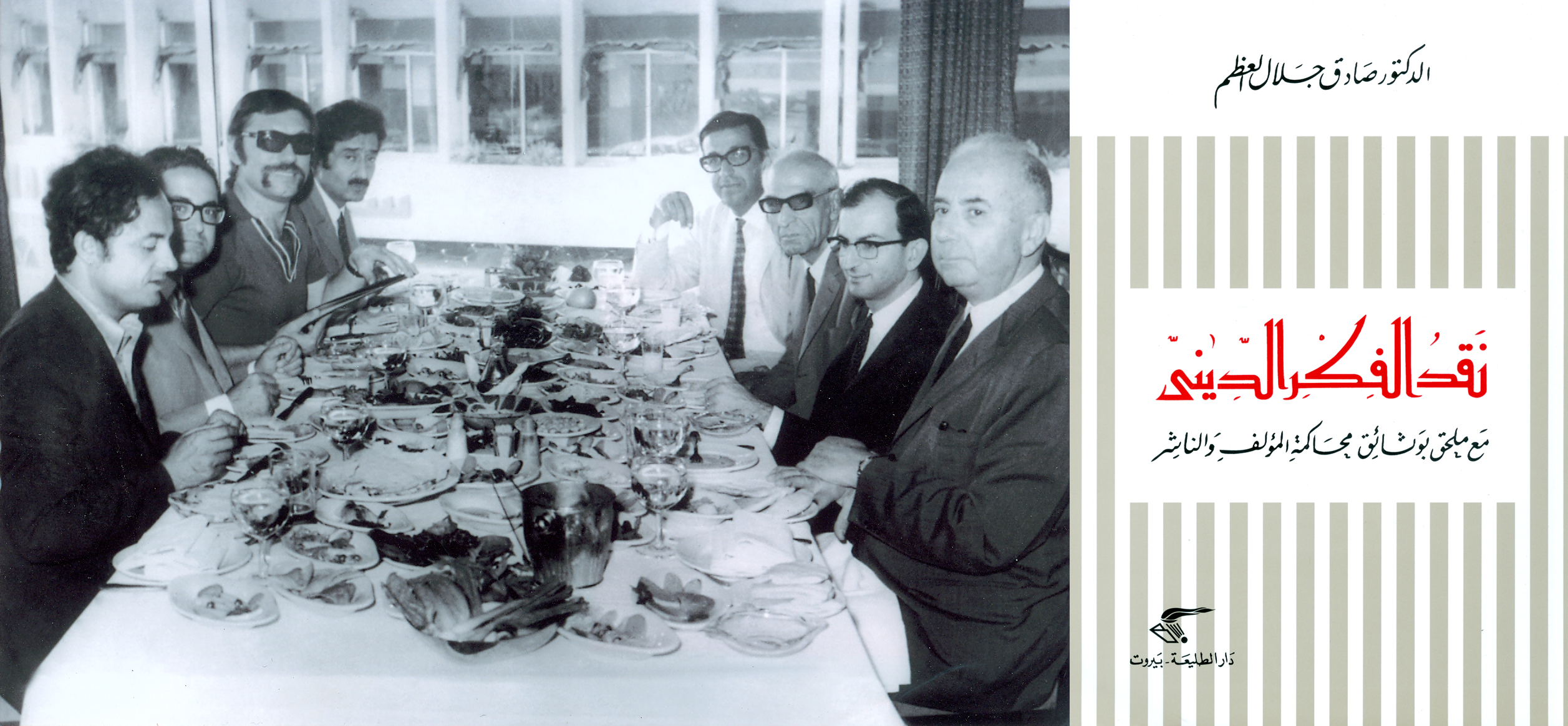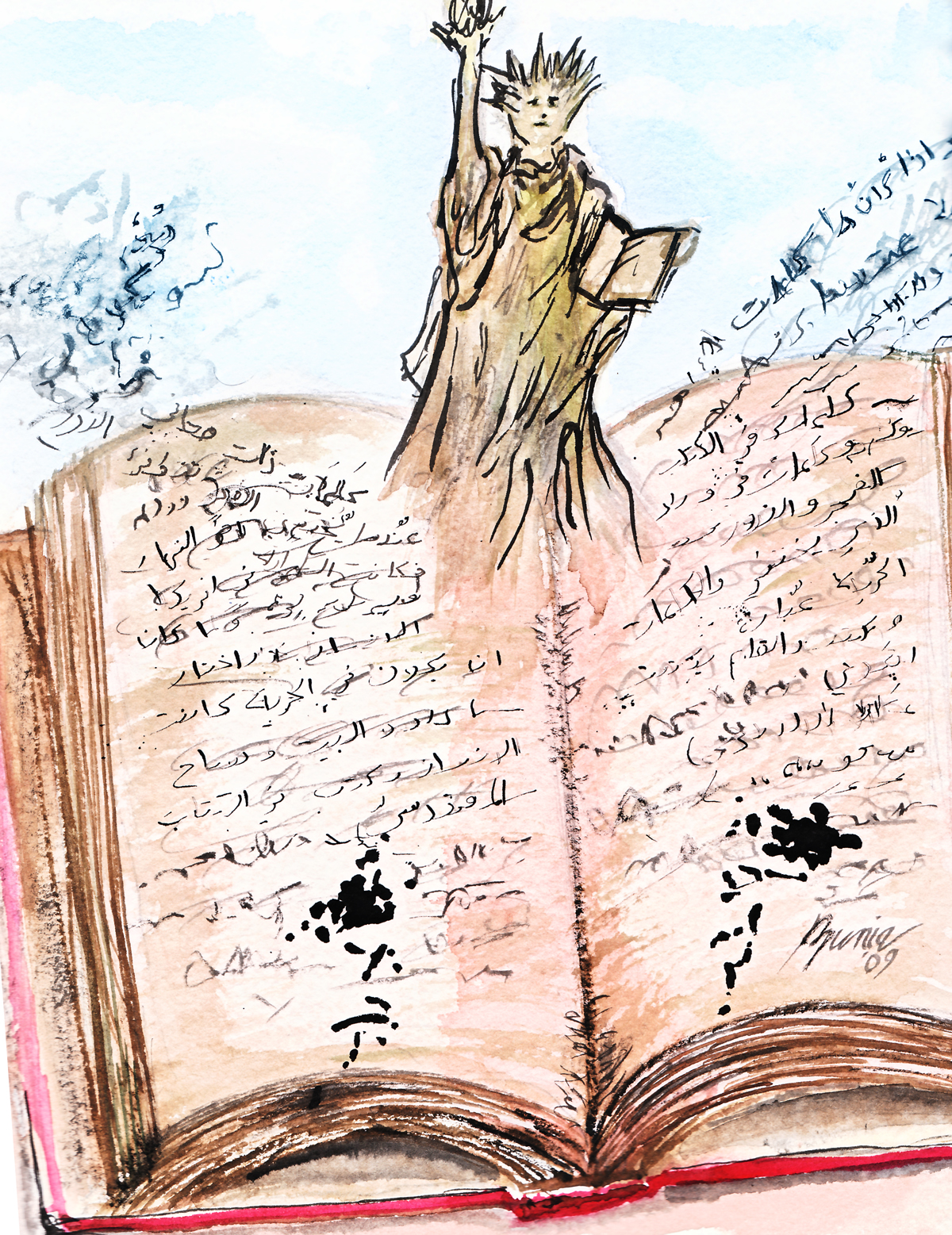“Nefertiti’s Daughters”: Using Street Art to Foment Revolution
Nefertiti’s Daughters
Directed by Mark Nickolas and Racha Najdi
Icarus Films, 2015
The documentary, “Nefertiti’s Daughters,” chronicles women’s endeavors during the Egyptian Revolution in 2011 and how street art reflected their unprecedented revolutionary efforts.
The Songs Linger Long After the Names Are Erased
On the Banks of the Tigris: The Hidden Story of Iraqi Music
Directed/Produced by Marsha Emerman
Fruitful Films, 2015
In Melborne, Australia, when Iraqi exile Majid Shokor decides to look into his musical history, he discovers, much to his surprise, how much Iraqi music owes to the country’s former Jewish population.










